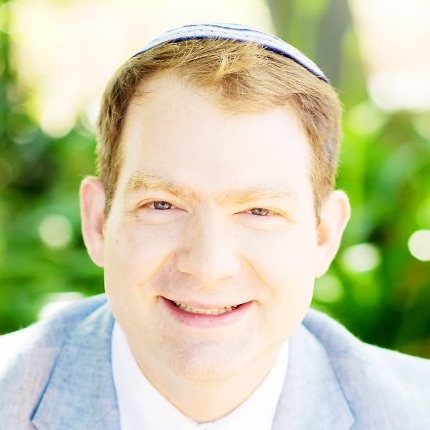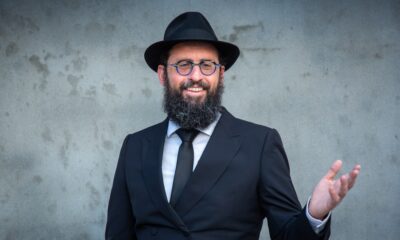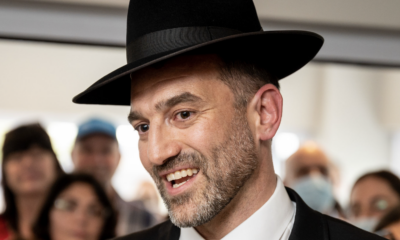
Religion

Rabbi Sam Thurgood, Beit Midrash Morasha
In this week’s parsha, Hashem tells us of the building materials that were required to create the beautiful Mishkan, the tabernacle – opening with gold, silver, and copper. The Midrash comments on this: “There are those who have silver, but not gold, and those who have gold, but not silver, however, the Torah has both silver and gold. There are those who have fields, but not vineyards, and those who have vineyards, but not fields, however, the Torah has both vineyards and fields.”
The difficulty of this Midrash, of course, is clear – the Torah is a book! It has neither gold nor silver, neither fields nor vineyards, it has words. The Ishbitzer Rebbe, Rabbi Mordechai Yosef Leiner, explains that each of these items refers to a person’s proclivities and talents.
Some focus on “gold”, which represents love, and others “silver”, meaning fear; some have a relationship with Hashem and with others that is characterised by love and giving, others have relationships characterised by respect and boundaries, and generally, a person finds herself at home with one or the other. Although a person can have aspects of both, she cannot be a master of both. So, too, the field and the vineyard – the field represents expansion, creativity, and vision, and the vineyard order, organisation, and precision. If someone wants to master love, where should they look? In the Torah. Reverence? Also in the Torah. And so forth. Somehow, Hashem created a book that speaks to every one of us according to our own path in life and our own unique spiritual and psychological makeup. The trick, of course, is knowing how to read it.
It strikes me as most peculiar that people understand the need for intensive study of mathematics, engineering, and genetics in order to properly understand those topics (not virology or epidemiology of course – we have all seen over the past two years that one can become a world-expert on the matter simply by reading Facebook posts, but I digress), yet when it comes to understanding the Torah’s guidance in life, we don’t perceive the correlation between deep study of the Torah, Gemara, halacha, Midrash, Kabbalah and commentaries and developing clarity and direction in our spiritual strivings and ethical questions.
In my experience, the path is twofold: serious study with and acceptance of the authority of a teacher whom you admire and respect deeply; and your own effort and work to understand Torah to the best of your ability.
The Gemara says that your teacher of Torah should be in your eyes “like an angel of Hashem”. I was privileged to have such a teacher in Rabbi Azriel Chaim Goldfein of blessed memory, but we’re a blessed generation in that we have many such people who can teach us.
Through guidance and hard work, Hashem blesses us with the ability to find relevance and guidance in the Torah that teaches us our own unique and particular path – the treasure of gold (or silver, or copper) that has been there since creation, waiting for you – and you alone – to discover.
Shabbat Shalom!










